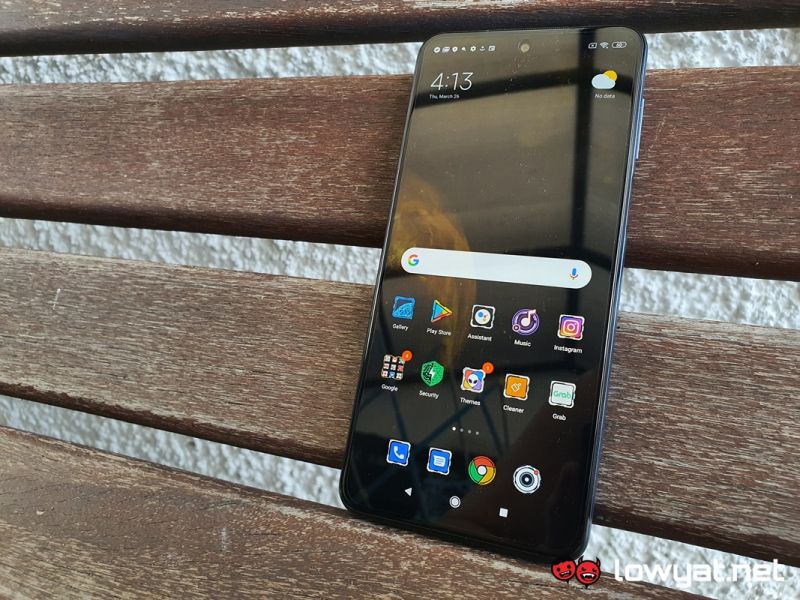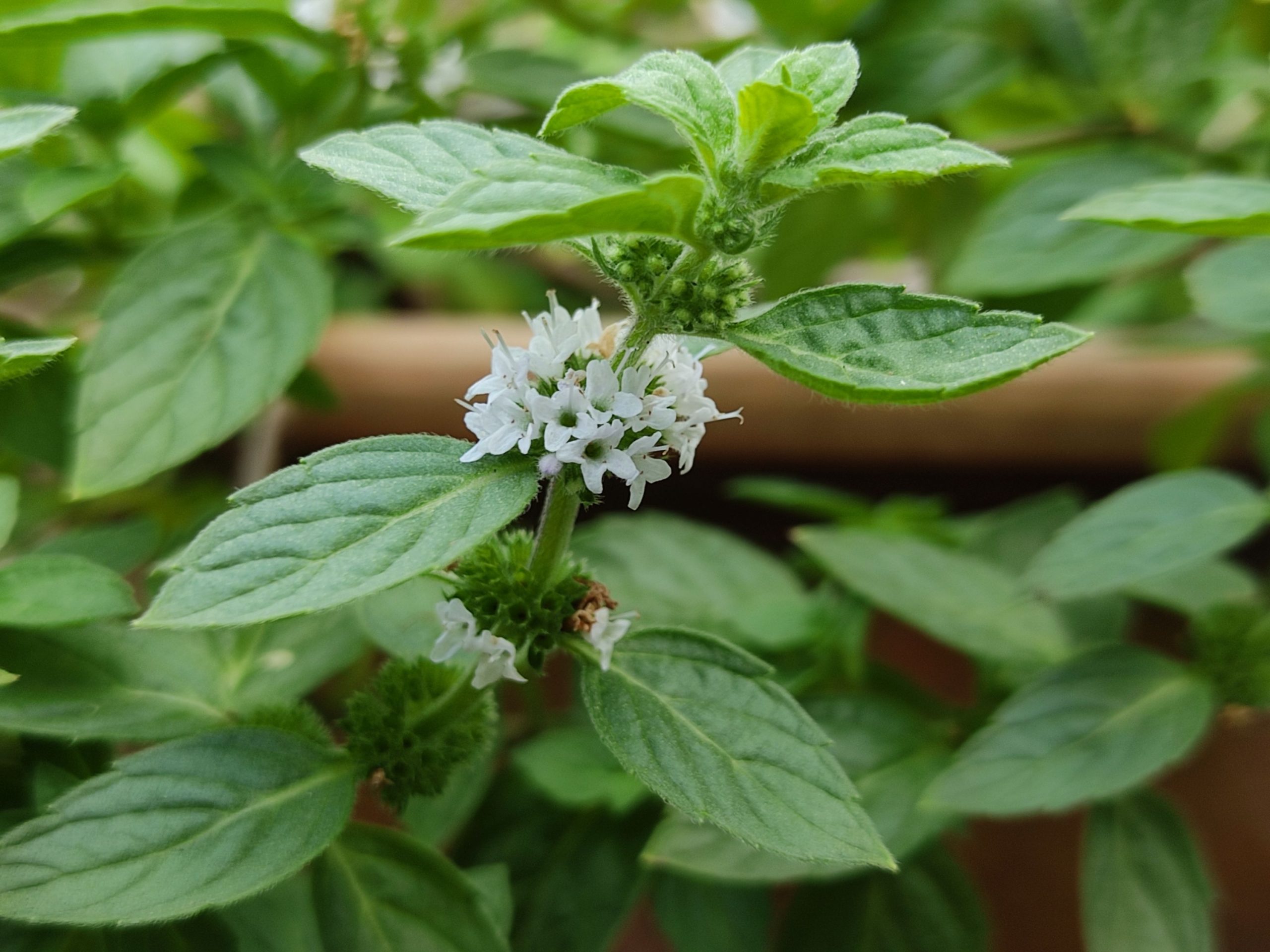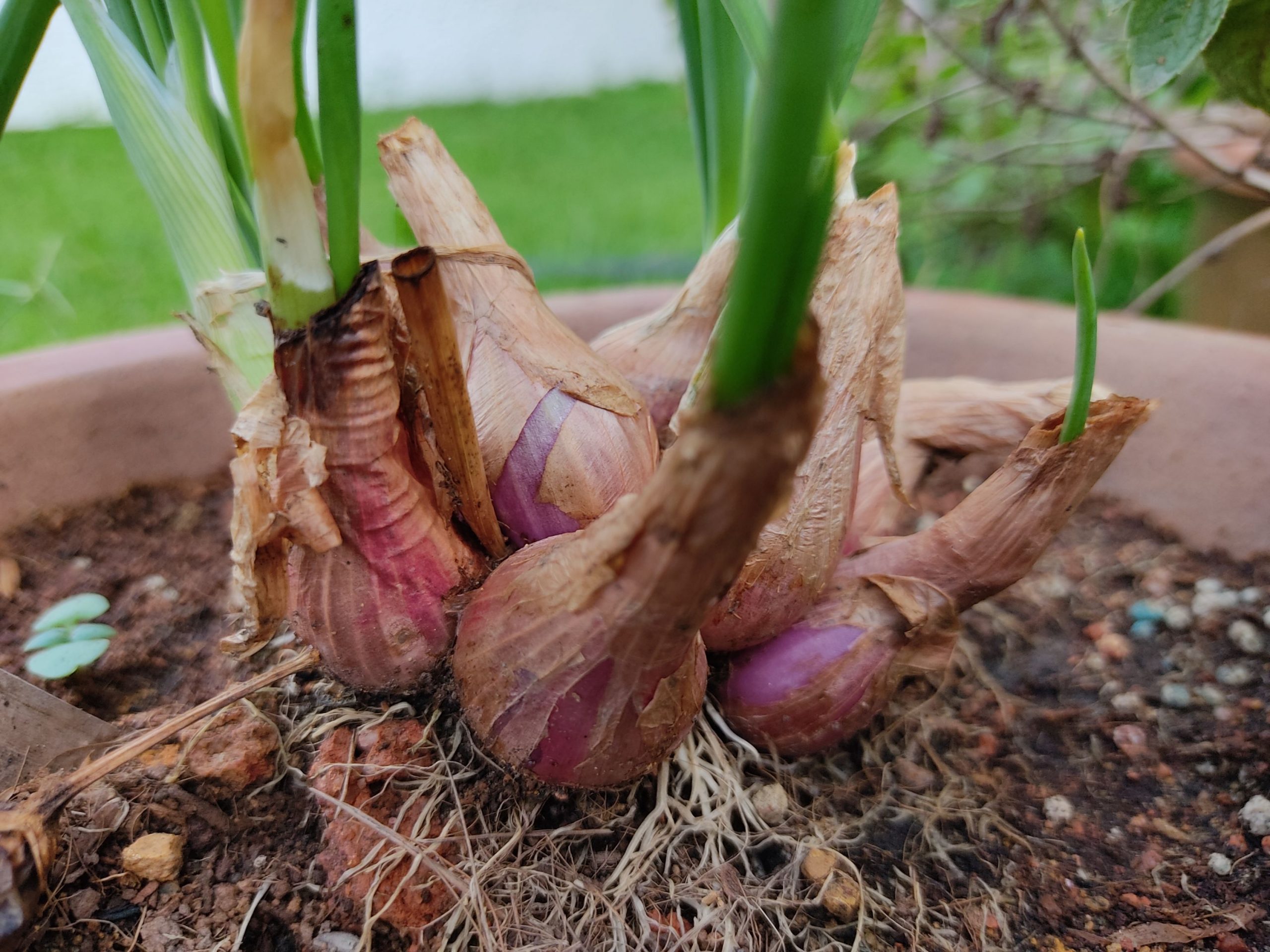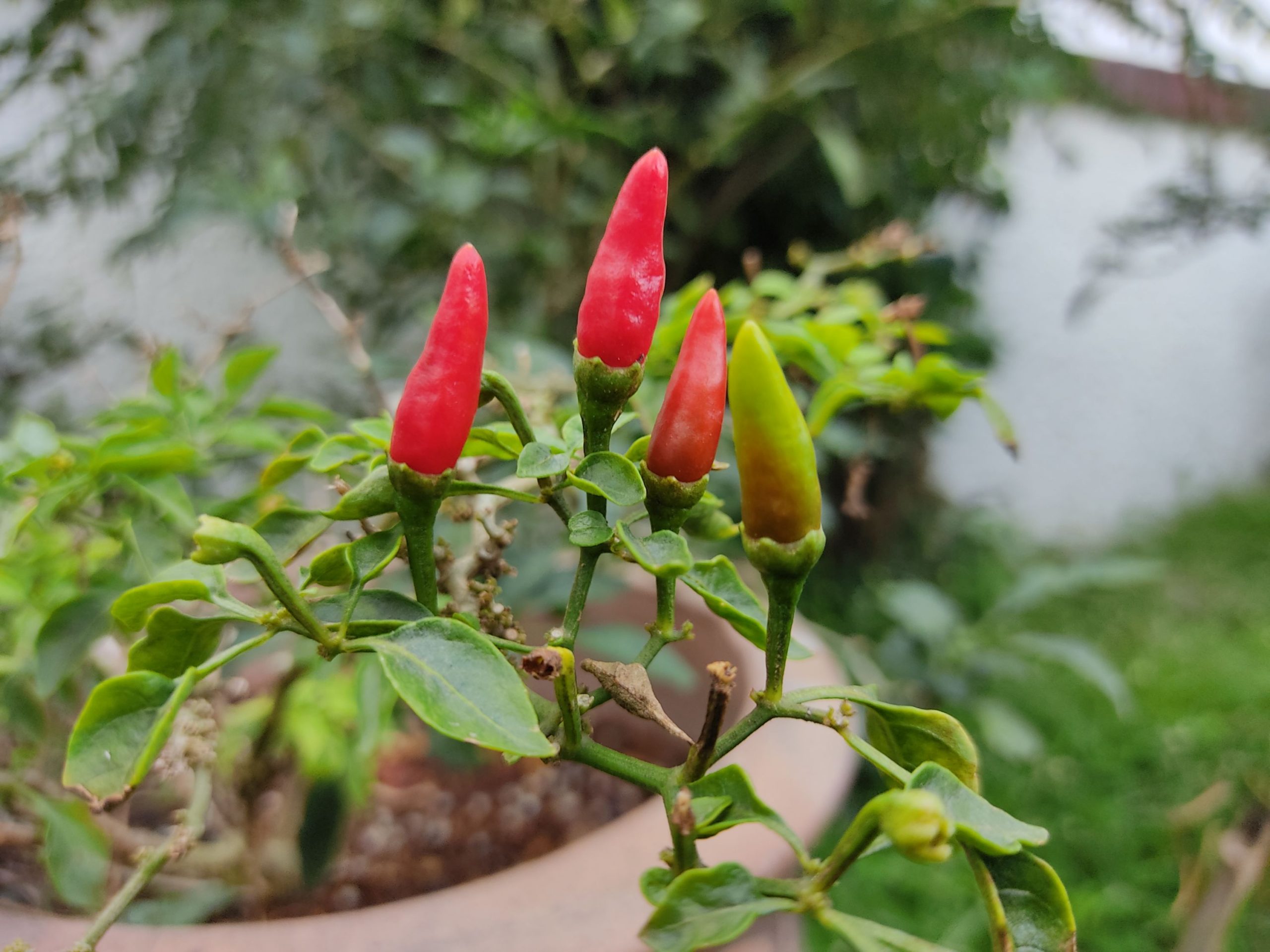Xiaomi’s Redmi Note 9 series officially came on to the scene less than a month ago, with India being one of the first recipients of the brand’s new mid-range devices. Now, the premium model of the two phones has arrived on our shores in the form of the Redmi Note 9S and I managed to spend some time with it.
Before we start, allow me to clear the air; the Redmi Note 9S is the Redmi Note 9 Pro. We don’t know why Xiaomi decided on the name change, but both devices are one and the same from a hardware perspective.
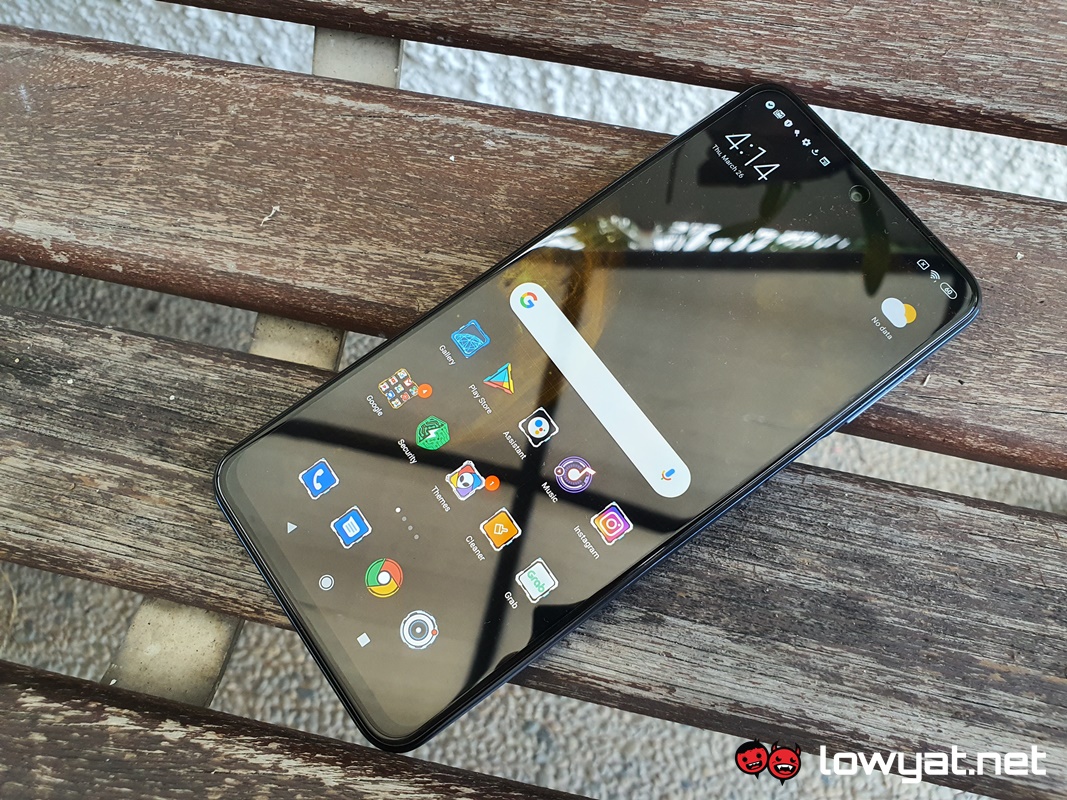
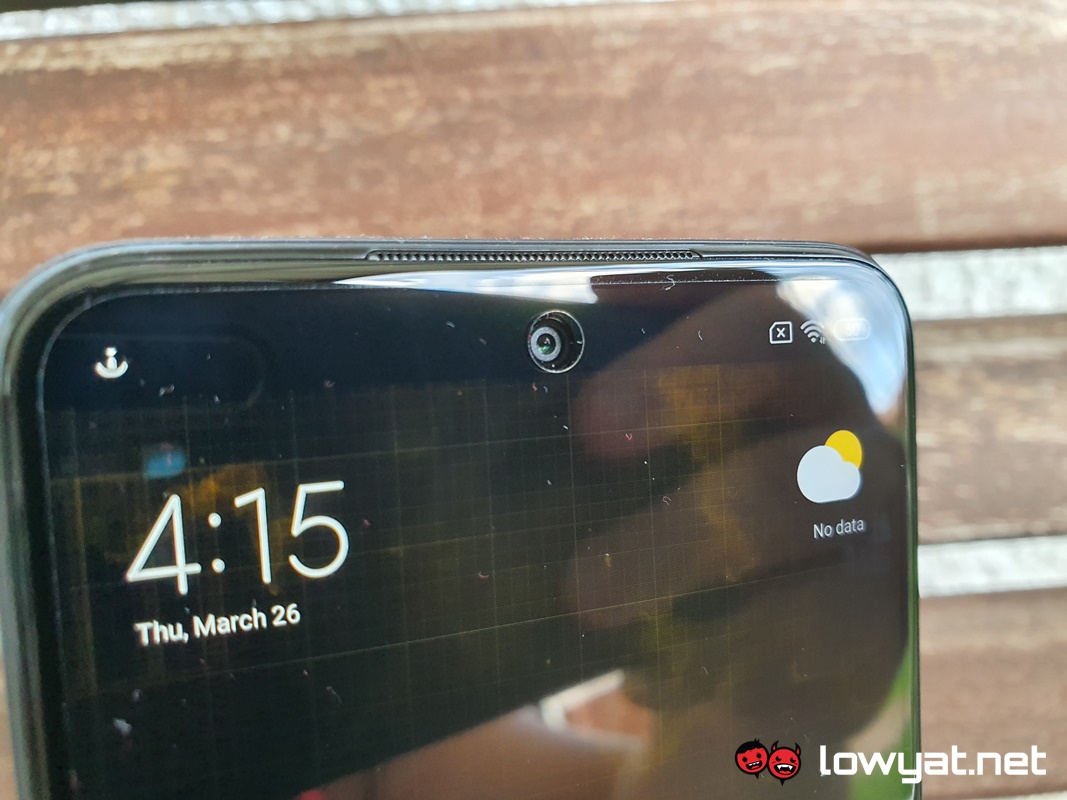
At a glance, the Redmi Note 9S is not a phone that will make heads turn. Upon closer inspection, however, there’s actually a fair bit of current and unexpected features you wouldn’t expect a phone of its calibre to be packing.
To get started, I’ll talk about the one feature I least expected to see on the device: the side-mounted hybrid fingerprint scanner and power button. I know, the technology isn’t groundbreaking, by any measure of the definition. But in the current world of rear-mounted and in-display fingerprint scanners, having a phone with a side-mounted variation of the security feature these days is refreshing.
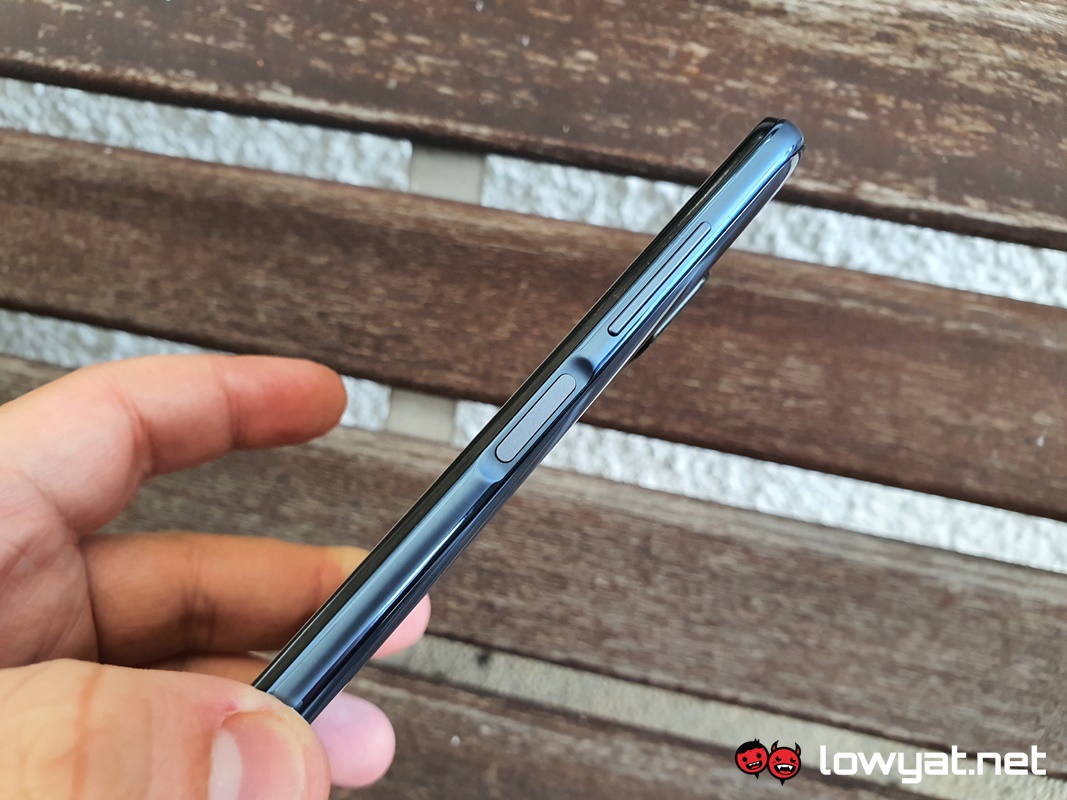
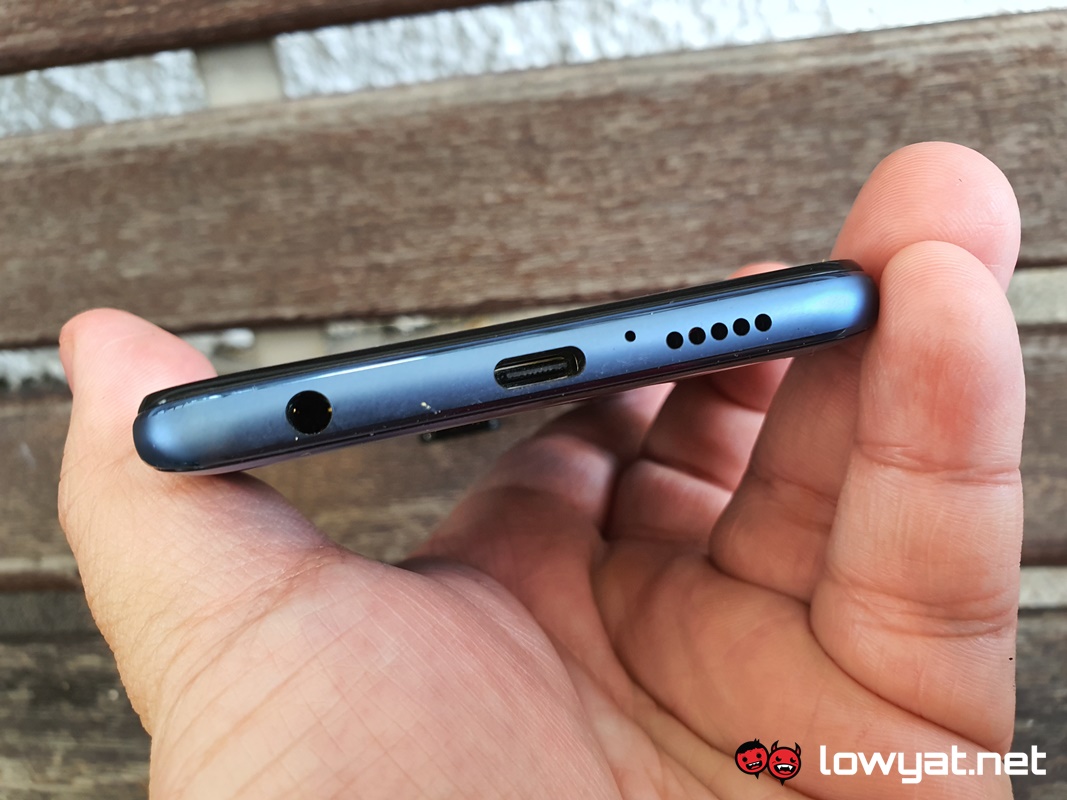
The phone’s overall build looks and feels very solid. But, like most phones built as such, the Redmi Note 9S’ solid frame comes with its own set of flaws and caveats. For a start, the phone has some heft and I can feel it. To be clear, I’m not saying it will weigh your pants down, but the phone feels almost as heavy as the Mi 9T Pro.
The Redmi Note 9S’ glossy and reflective glass back design poses yet another age-old problem. While it does make the phone look pretty – I have the Interstellar Grey version – it is a veritable fingerprint magnet. If you’re one of those individuals who doesn’t quite enjoy covering up a phone.
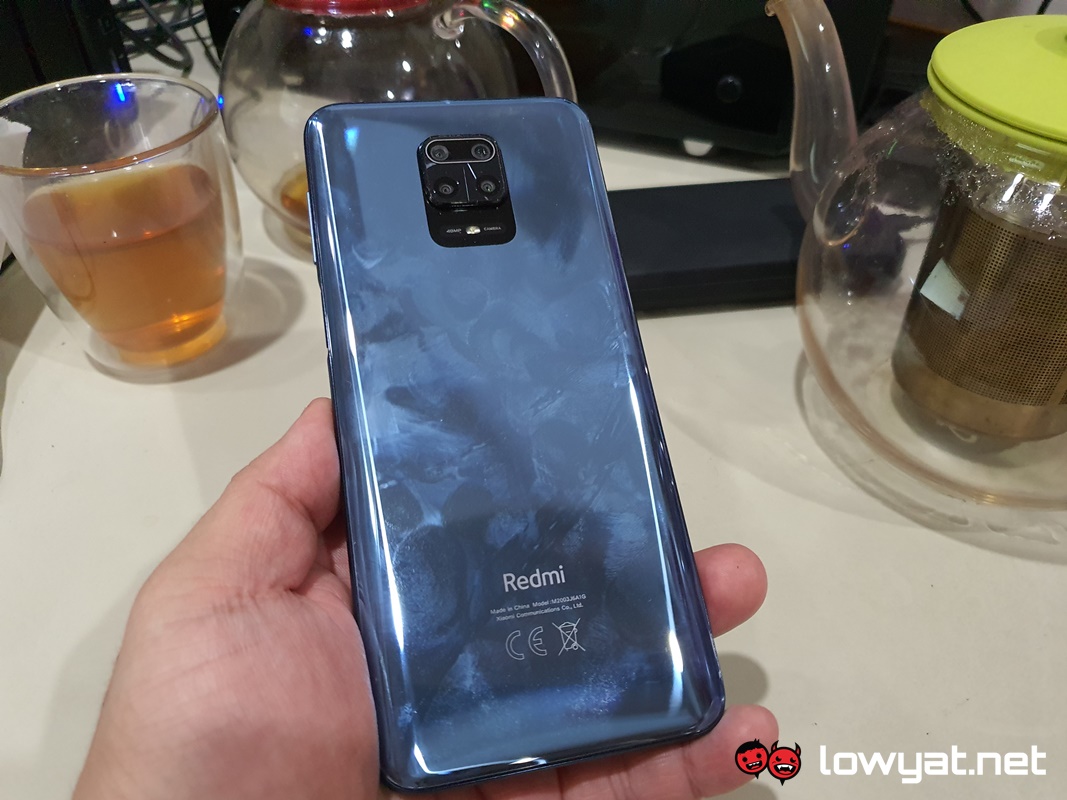
Then there’s the Redmi Note 9S’ large 6.67-inch display Full HD+ display that, if I’m honest, doesn’t feel quite as premium as the rest of the phone. Compared to other smartphones, the edges of the display are raised and feel rough. Especially when I hold it in my hands. Having said that, I think the imperfection is a small price to pay; after all, this is a phone that costs less than RM1000. Beyond that, I have no other issues with it.
Moving on, the Redmi Note 9S is also one of the few devices to be powered by Qualcomm’s 8nm Snapdragon 720G SoC that was announced earlier in the year. Making a phone that Xiaomi had designed with gaming in mind, and its prowess shows.
After playing a couple of rounds of Call of Duty Mobile on the device, I can easily say that the chipset doesn’t show any signs stuttering or in-game lag, but it does get a little warm over prolonged periods of play. On that note, the phone’s overall performance is snappy and responsive, save for the odd little loading hiccup that manifests itself every now and then.
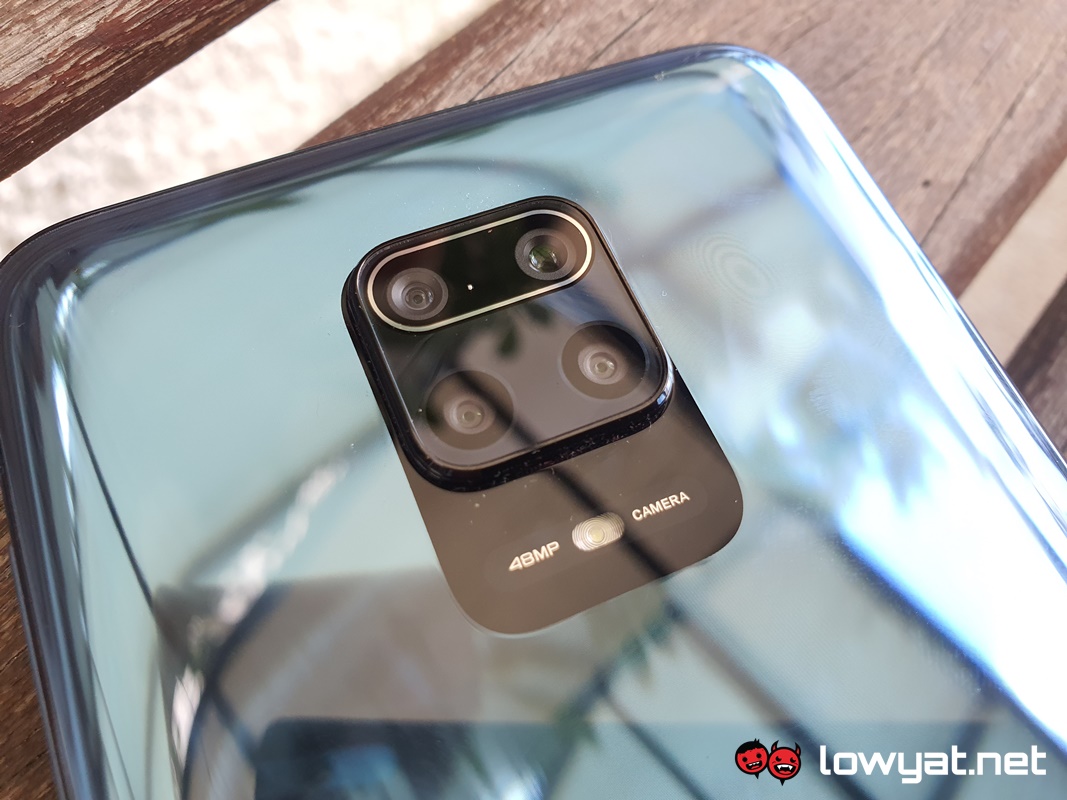
Of course, no smartphone preview is complete without talking about its main camera and in this instance, the Redmi Note 9S’ has a square-shaped, quad-camera module that literally juts out from the back of the phone. It’s an old design, and to be honest, it’s not one I’m particularly fond of, given that other phone makers have strived to flesh out the camera housings on their own phone.
Getting back on point, the Redmi Note 9S’ main camera comprises a 48MP, an 8MP ultra wide, 5MP macro camera, and a 2MP depth sensor. In terms of performance, the camera’s out-of-the-box setting is relatively decent and there’s not a lot of fiddling that needs to be done. Further, colour reproduction on the final image looks accurate for the most part, while one some images tend to have slightly punchier effects.
Where it seems to stand out, however, is when I take macro shots; details of the subject may seem to be a little smudged in some areas, but overall, it still manages to preserve a large amount of detail.
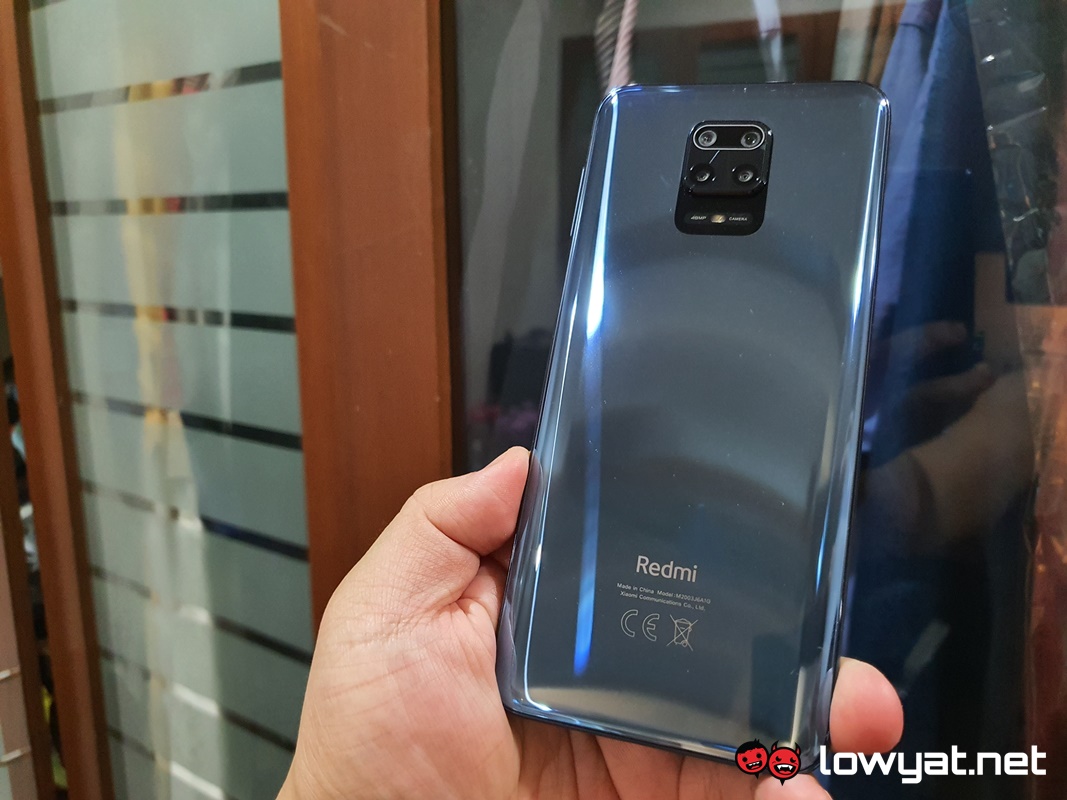
In any case, an in-depth look of the Redmi Note 9S is still required to see how it performs as my daily driver. A task which will be a little difficult for now, given the ongoing pandemic that is the Coronavirus (COVID-19). Stay tuned until then.
Follow us on Instagram, Facebook, Twitter or Telegram for more updates and breaking news.


